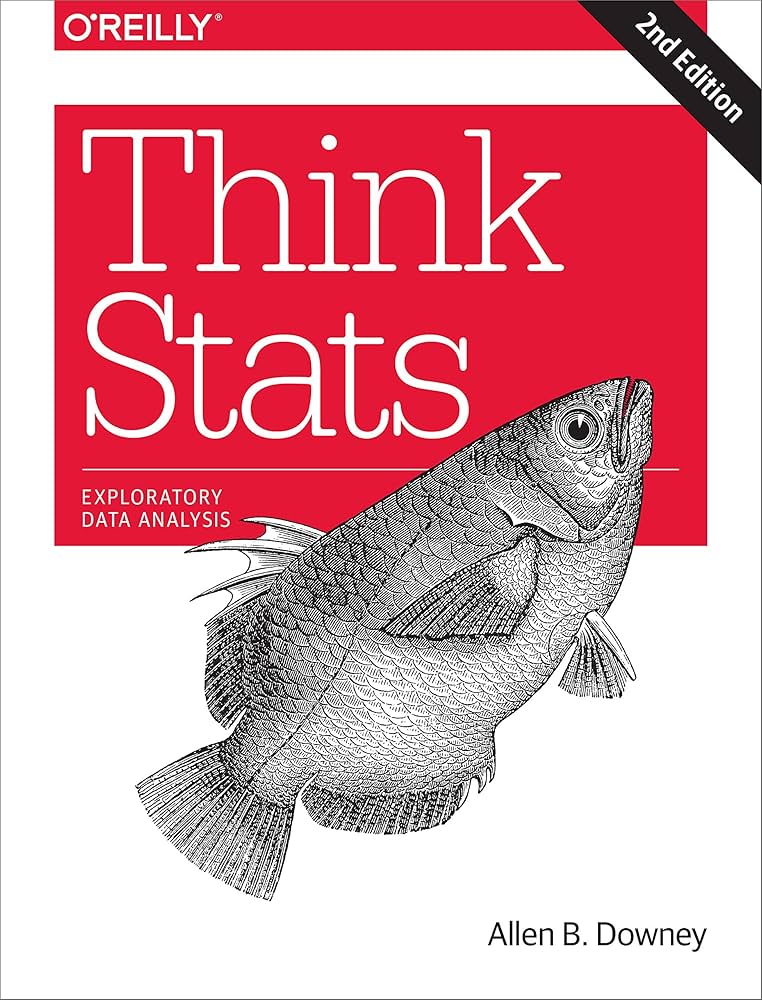WHAT I SAID WAS "Scientific knowledge is socially constructed" BUT SOME PEOPLE HEARD "Scientific truth is a social construct". For me, there is a difference!
When you tweet things out to 45k people, you learn a lot about the difference between what you think you said and what people hear.
I now understand that some percentage of people are hearing me say "Scientific truth is a social construct" whenever I say "Scientific knowledge is socially constructed". I think both are true but that's not the whole story. Let me explain.
Let's talk about language for minute. I'm sure you will agree that the words we use for things are somewhat arbitrary. However, the things in the world that we use language to describe aren't arbitrary. The word "rose" is a social construct but the rose itself is not.
Languages imperfectly depict reality. They disagree with each other on how to carve up the world. Distinctions in one language often don't match up with distinctions in other languages. These mismatches can help us learn something about objective reality.
Here's what I think. I think it's possible to socially construct something which technically speaking is a social construct (like words in a particular language) but which approximates a non-social construct (like physical reality).
The level of correspondence between the social construct and reality is an objective property of the construct. For instance, "unicorn" and "horse" are both words and both socially constructed but one of these words matches up better with reality than the other.
When we create a social construct with a goal in mind like helping us manipulate the physical world, I think that goal IS constraining on our construct. I would expect some convergence in the form of the construct as it comes to better describe objective reality.
In the language analogy, the process of "socially constructing" scientific knowledge is like translating sentences back and forth between multiple languages as a way of telling us something about the biases each language contains and about reality itself.
When we participate in science as individuals, we create mental constructs. When we participate in science as a group, we exchange our mental constructs with each other and test them out.
This process empirically tests whether our mental constructs, our personal knowledge that appears to us to correspond to reality, is indeed mind-independent knowledge. Only after we have verified that a useful mental construct is mind-independent, can we safely call it "science".
To summarize. I believe that:
1. Scientific knowledge is socially constructed
2. Scientific knowledge is a social construct
3. Scientific truth is NOT a social construct
1. Scientific knowledge is socially constructed
2. Scientific knowledge is a social construct
3. Scientific truth is NOT a social construct
Let me translate this into the language analogy.
1. English is socially constructed
2. The precise wording of any collaboratively written sentence is a social construct
3. The correspondence of that sentence with reality is not a social construct.
1. English is socially constructed
2. The precise wording of any collaboratively written sentence is a social construct
3. The correspondence of that sentence with reality is not a social construct.
Addendum: There is a lot more to say about how one would establish the degree of correspondence between a social construct and reality or how one would come up with good candidate mental constructs to begin with but that's another longer essay.
Forgive me for not addressing every aspect of the scientific method in this tweet thread. I'm only focusing on the "social construction" aspect for now because I find it interesting! Also please don't take this essay as me saying I know all the answers because I don't.
• • •
Missing some Tweet in this thread? You can try to
force a refresh








